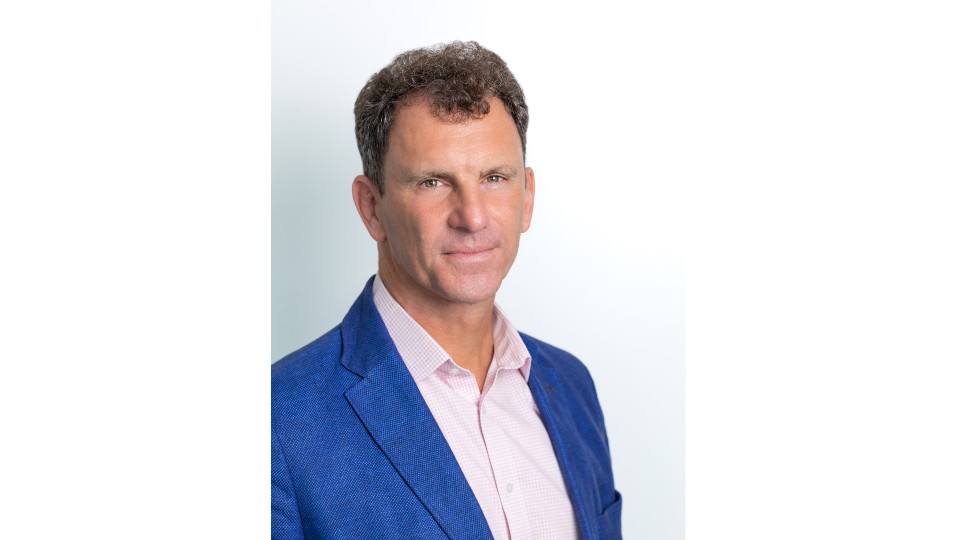It’s the only place where you can see Northern Ireland play Norfolk Island at lawn bowls, be inspired by para and non-para athletes at the same Games, and where we can marvel at real diversity and inclusion in sport.
It’s different to other Games. The ‘Friendly Games’ are not just another mega event - they have bound a Commonwealth of nations in nearly a century of history.
Like a real family, these nations have a shared history of highs and lows, conflict and partnership, and losing and winning.
In an increasingly troubled world, the Commonwealth is a band of nations that can stand together.
The Games create moments of proud achievement, but it has always been a lot more than medals, it has done so much to shape people, partnerships and alliances that drive social change.
The introduction of para events to the programme in 2002 made the Commonwealth Games the first fully inclusive international multi-sport event.
In 2018, the Games became the first such event to reach gender parity and at Birmingham 2022, there were more women’s medal events than men’s for the first time at a global Games.
Where athlete activism has been viewed with suspicion elsewhere, the Commonwealth Games has embraced it.
Who can forget the moment that Tom Daley carried the Queen’s Baton into the opening ceremony last summer, flanked by activists holding LGBTQ+ flags, respectfully confronting the difficult realities faced by those communities every day.
These Games serve as the pinnacle for sports such as netball, squash and lawn bowls and have been the gateway to countless glittering careers, for household names such as Dame Denise Lewis, and Hannah Cockroft.
In a few days’ time we will celebrate one year since we hosted a magnificent celebration in Birmingham, attended by a record-breaking 1.5 million people. 28.6 million watched on the BBC, with the Games streamed 57.1 million times across their digital platforms, a record for the Commonwealth Games.
The event contributed £870 million to the local economy, created roughly 15,410 years of employment, delivered 5,188 weeks of apprenticeships and 2,000 work experience placements. Over 14,000 amazing volunteers gave 1.25 million hours of their time to make it happen. The power of sport to change lives and society right there!
But the movement isn’t always about impact on a large scale, next month we will take a team of 59 young athletes to the Commonwealth Youth Games in Trinidad and Tobago.
In sport performance terms, this is an invaluable first major multi-sport Games experience, but in terms of national pride the experience will help shape sporting super stars and role models of tomorrow.
In a world where future generations will face new and complex societal challenges; alliances and partnerships that help us better understand other nations and tackle these challenges together, should be cherished.
The Commonwealth Games is approaching a landmark birthday when it will celebrate a century of proud history, but its real value and impact is yet to be realised. Given the chance, the best is yet to come.
John Steele OBE is the Executive Director of Sport at Loughborough University and Chair of Commonwealth Games England
